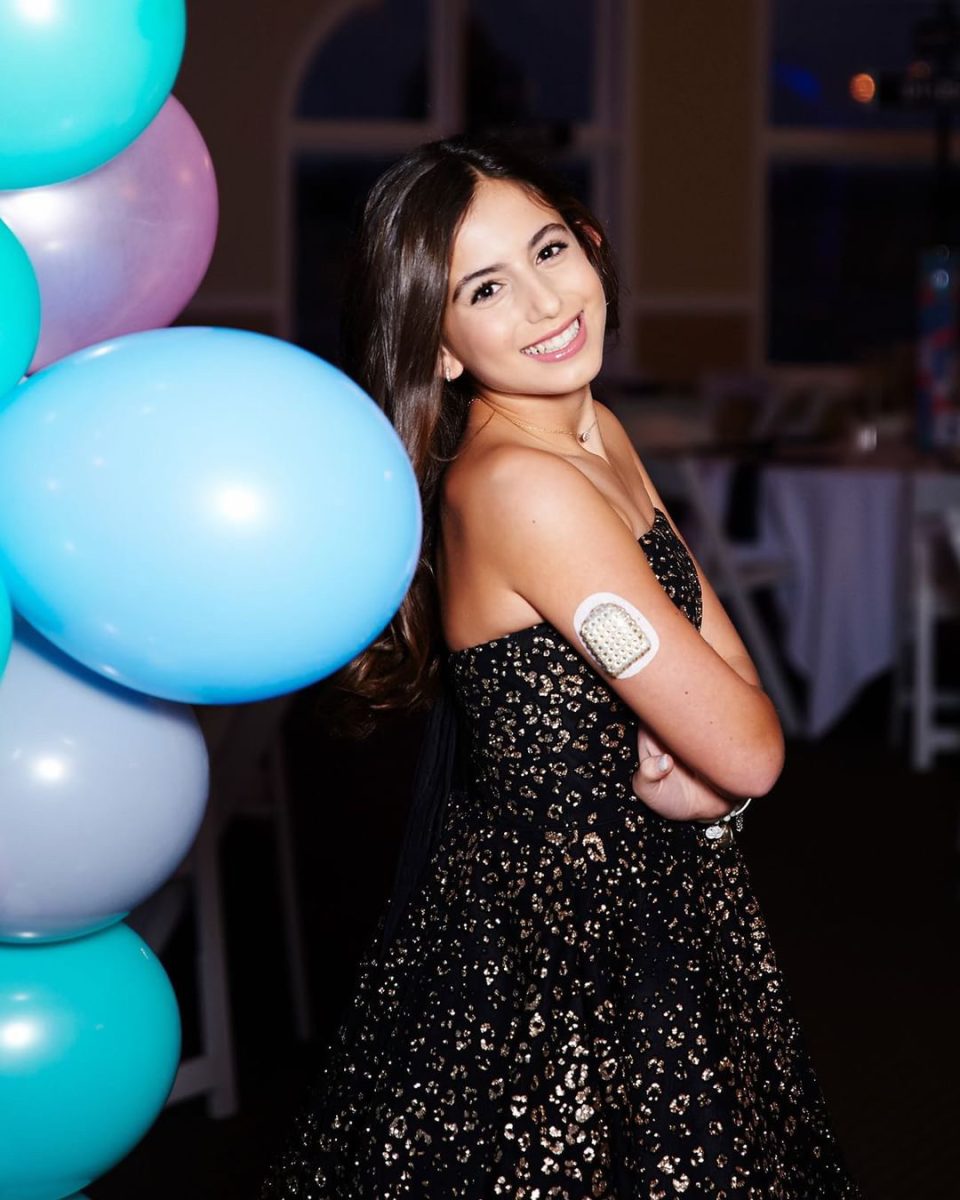Almost 300,000 teenagers live with Type 1 Diabetes in the United States, according to the Centers for Disease Control and Prevention (CDC). Junior Madi Fleicher was barely 12 when she received the diagnosis, and it would alter the course of her life.
“I had gone in for my yearly checkup, and since I had been feeling sick, they decided to run some tests on me,” she said.
Fleicher said when the tests came back, they weren’t what they should’ve been.
“They did all the tests they could’ve, and one of the blood tests came back abnormal,” she said. “They tested my blood sugar and I blew out the meter. They sent me straight to IU North Hospital.”
Fleicher said she has to pay special attention to her health and has learned to manage her illness throughout the years.
“I think my main thing is that I try to live my life like a normal person, and I try not to let it bother me,” she said. “I have to check my blood sugar all the time and if something feels off I have to eat something or adjust my insulin.”
Junior Josh Melby also struggles with Type 1 Diabetes. Melby said he was diagnosed when he was just 5 years old, so he has had time to learn how to deal with his illness.
“I remember when I was a little kid, I would get sick all the time, and I was always really thirsty. Eventually we got some tests done, because it wasn’t normal how I felt fatigued and just sick all the time, and we had to go to the hospital,” Melby said. “It came back as Type 1 Diabetes.”
“Now that I’ve had it for so long, I’ve kind of figured out how to deal with it, and don’t really let it bother me anymore,” he added. “Other than the occasional high or low, I think I just have to deal with it, and live with it, because there really isn’t anything I can do.”
Fleicher, like Melby, said she tries not to let her diagnosis interfere with her everyday life as much as it used to.
“As I’ve gotten older, I’ve just gotten used to it. It’s not anything different anymore, because it is just part of my day to day life. I don’t really think of it as anything different,” she said.
CHS registered nurse Caroline Pasko said in high school, students tend to manage their diabetes themselves, but she said the school also carries extra insulin and snacks to help diabetic students.
“At this age, we don’t really need to help diabetic students manage their diabetes. We keep snacks for them, and we have spaces for them to go and inject some insulin if they need to,” Pasko said. “In middle and elementary schools, we need to help them out with stuff more.”
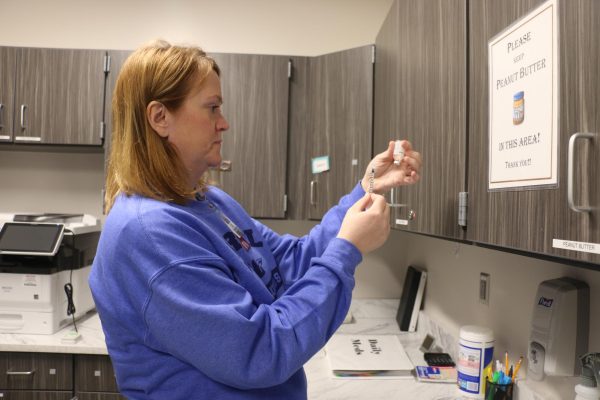
Fleicher said the first time she had to get a shot for her diabetes was an impactful moment for her, and it was terrifying for her as a child.
“I remember that the first time I had to get a shot for my diabetes right after I ate food, it was really scary for me. I had a bunch of family and friends to help me through it, and it just felt kind of unfair,” she said. “It is definitely a moment I will remember for the rest of my life.”
Melby said an impactful moment in his journey dealing with his illness was when his alarm went off in the middle of his basketball game, and he didn’t know how to deal with it.
“Thankfully, I had my insulin pump,” Melby said. “So I was able to just take a few minutes and get back into the game. We were playing the championship, and a few hours later, we won.”
Fleicher shared similar experiences, and said it can be frustrating when her alarm goes off in the middle of something important.
“It’s difficult and honestly just really annoying when I am in the middle of a class, or an important presentation, or really just anything inconvenient, and my alarm goes off,” Fleicher said. “I can’t really control it, or when it goes off, so I just have to figure out how to deal with it in the moment, and that can be really frustrating.”
According to the CDC, beyond the number of teenagers, 11.6% of the American population has either Type 1 or 2 diabetes, and 22.8% of those with diabetes are likely undiagnosed. The rates for diabetes in the United States have been on a steady increase, and likely will continue to do so.
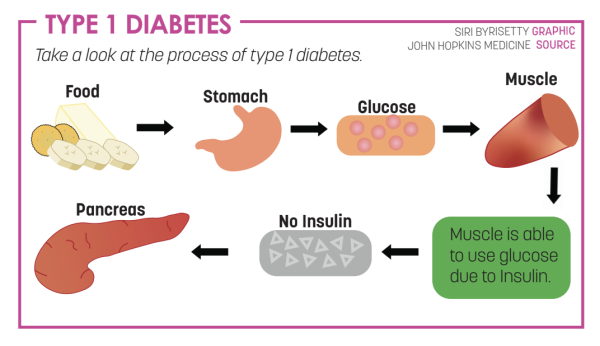
But Type 1 and Type 2 diabetes are different, and Melby said it can be frustrating when people group all types of diabetes into one, and stereotype his illness into something different.
“A major misconception around diabetes is that only people who have unhealthy habits can get it, but in terms of Type 1 diabetes, that is just not true,” Melby said. “Type 1 is different from Type 2 in a lot of ways. It isn’t something you can control getting; it’s in your genes.”
Fleicher said she agreed, and said people tend to assume she can’t eat certain foods, or has dietary restrictions, because they assume all diabetes is the same.
“I think people put all types of diabetes into one category. People will assume that I can’t eat sugary things or they will question if I should be eating something because it’s too high in carbs,” Fleicher said. “But I can really eat anything I want. I just have to account for it with insulin.”










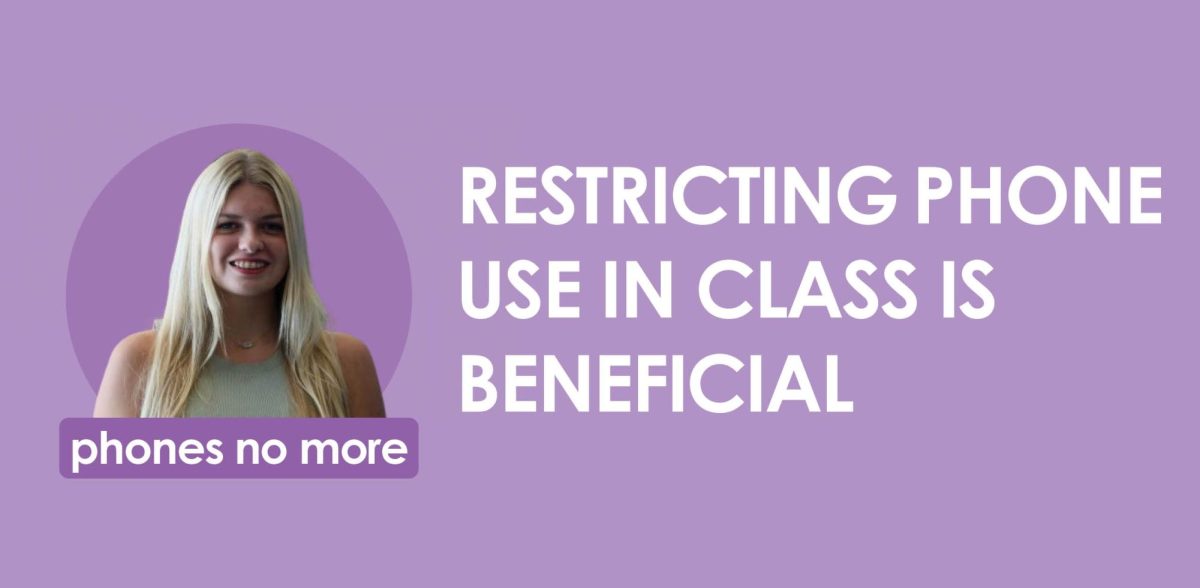
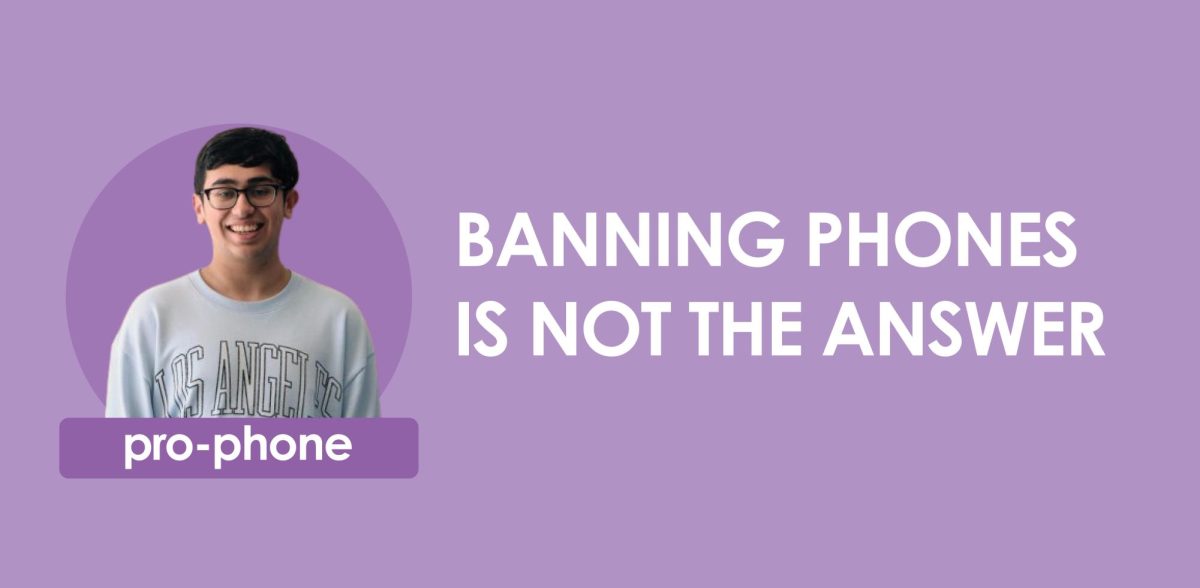


















![Family vlogger controversy, need for content reform [opinion]](https://hilite.org/wp-content/uploads/2024/05/Screenshot-2024-05-14-11.33.37-AM-1200x465.png)





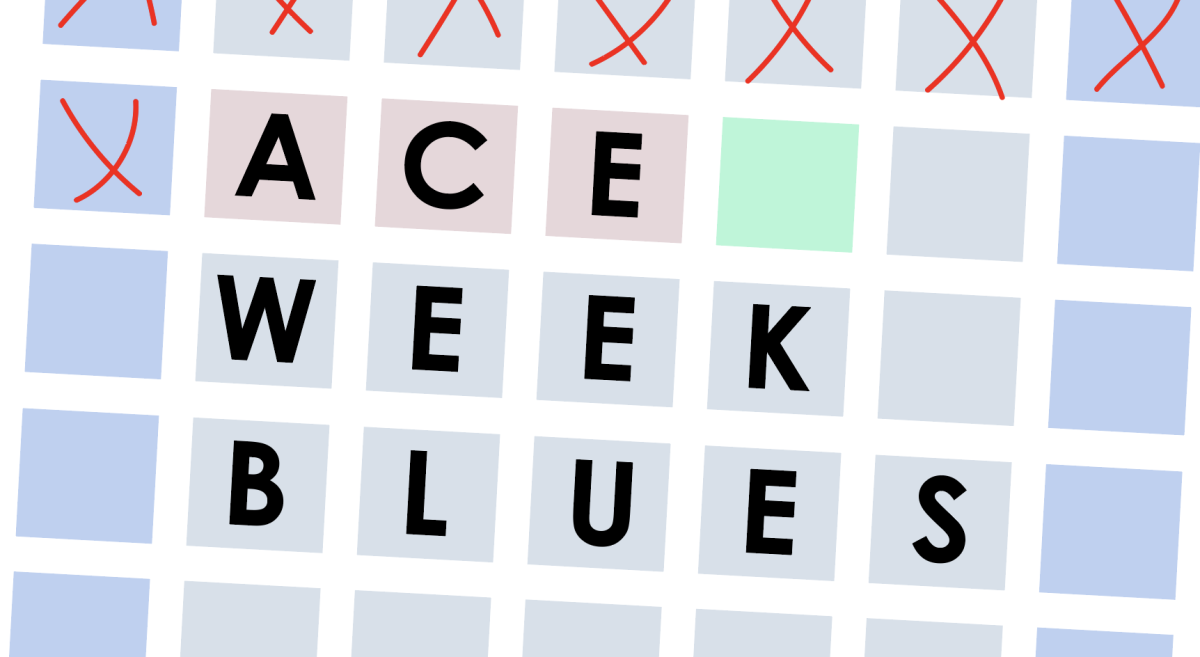


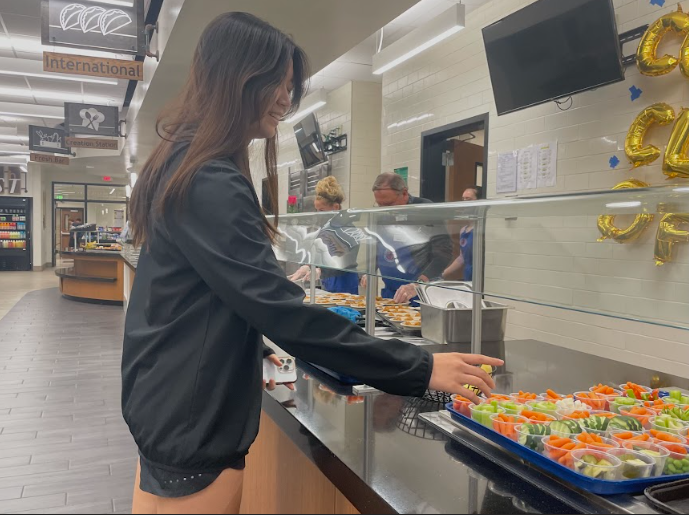





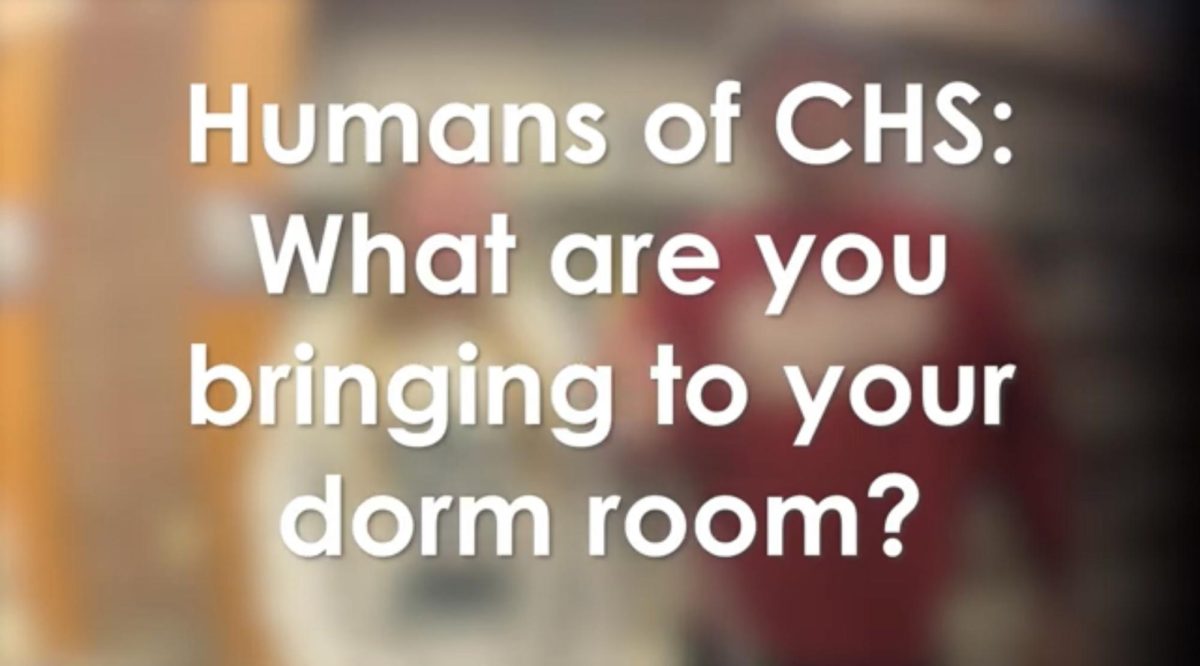









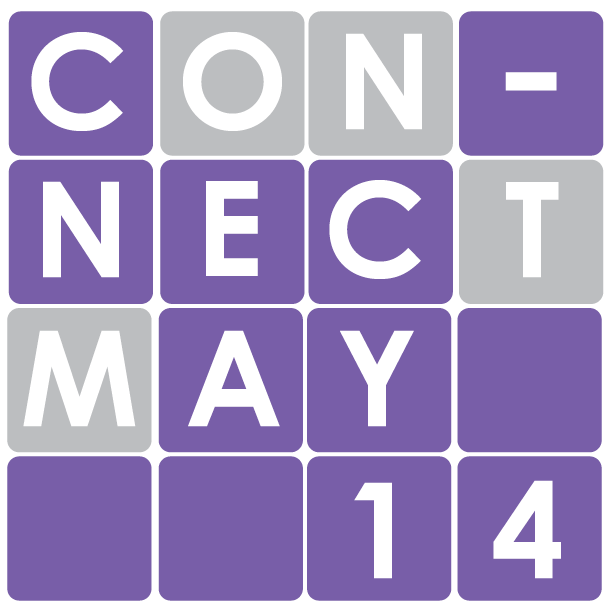



![Review: Taylor Swift’s new album The Tortured Poets Department is not her best work but is still a brilliant album [MUSE]](https://hilite.org/wp-content/uploads/2024/05/The-Anthology_Cover-1200x675.webp)
![Review: Challengers does it all [MUSE]](https://hilite.org/wp-content/uploads/2024/05/challengers-poster-1200x600.png)
![Review: A House of Flame and Shadow by Sarah J. Maas was a disappointing read [MUSE]](https://hilite.org/wp-content/uploads/2024/05/house-of-flame-and-shadow-feature.png)
![Review: Conan Gray’s new album, “Found Heaven”, is a refreshing twist on modern music [MUSE]](https://hilite.org/wp-content/uploads/2024/05/Screenshot-2023-10-31-at-16.01.05.webp)
![Review: “Bodies, Bodies, Bodies” is the quintessential Gen-Z movie [MUSE]](https://hilite.org/wp-content/uploads/2024/05/Screenshot-2024-05-15-140618.png)
![Review in Print: Maripaz Villar brings a delightfully unique style to the world of WEBTOON [MUSE]](https://hilite.org/wp-content/uploads/2023/12/maripazcover-1200x960.jpg)
![Review: “The Sword of Kaigen” is a masterpiece [MUSE]](https://hilite.org/wp-content/uploads/2023/11/Screenshot-2023-11-26-201051.png)
![Review: Gateron Oil Kings, great linear switches, okay price [MUSE]](https://hilite.org/wp-content/uploads/2023/11/Screenshot-2023-11-26-200553.png)
![Review: “A Haunting in Venice” is a significant improvement from other Agatha Christie adaptations [MUSE]](https://hilite.org/wp-content/uploads/2023/11/e7ee2938a6d422669771bce6d8088521.jpg)
![Review: A Thanksgiving story from elementary school, still just as interesting [MUSE]](https://hilite.org/wp-content/uploads/2023/11/Screenshot-2023-11-26-195514-987x1200.png)
![Review: When I Fly Towards You, cute, uplifting youth drama [MUSE]](https://hilite.org/wp-content/uploads/2023/09/When-I-Fly-Towards-You-Chinese-drama.png)
![Postcards from Muse: Hawaii Travel Diary [MUSE]](https://hilite.org/wp-content/uploads/2023/09/My-project-1-1200x1200.jpg)
![Review: Ladybug & Cat Noir: The Movie, departure from original show [MUSE]](https://hilite.org/wp-content/uploads/2023/09/Ladybug__Cat_Noir_-_The_Movie_poster.jpg)
![Review in Print: Hidden Love is the cute, uplifting drama everyone needs [MUSE]](https://hilite.org/wp-content/uploads/2023/09/hiddenlovecover-e1693597208225-1030x1200.png)
![Review in Print: Heartstopper is the heartwarming queer romance we all need [MUSE]](https://hilite.org/wp-content/uploads/2023/08/museheartstoppercover-1200x654.png)






















![Review: “Ginny & Georgia” is a dramatic and poorly made emotional rollercoaster–and I loved it anyway [MUSE]](https://hilite.org/wp-content/uploads/2024/03/ginny-and-georgia-season2-main-be37bbb9487a41e88b3f66c3baacd5c3-300x177.jpg)
![Review: Witch Hat Atelier is a masterpiece in art and world-building, but the story has only begun [MUSE]](https://hilite.org/wp-content/uploads/2024/01/unnamed-211x300.png)
![Review: “Mysterious Lotus Casebook” is an amazing historical Chinese drama [MUSE]](https://hilite.org/wp-content/uploads/2024/03/0-300x170.webp)
![Review: “A Little Life” by Hanya Yanagihara is the epitome of a heartwrenching masterpiece [MUSE]](https://hilite.org/wp-content/uploads/2024/01/unnamed-5-300x200.png)


